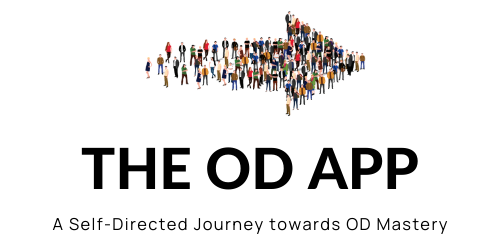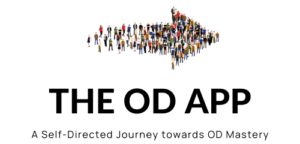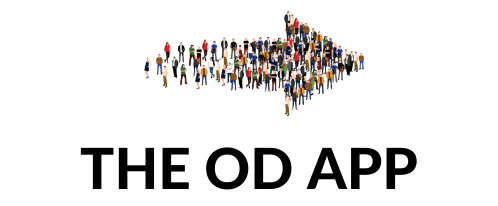Description
A fundamental characteristic of human nature is to gather together—informally and formally—for the purposes of survival and mutual support. Simply put, no man is an island, and it is a tendency for human beings to form groups. Groups are a convenient vehicle to ‘get things done’. Groups are, arguably, the basic unit of human existence and hence the basic unit of change in human systems. Nearly all OD interventions require working with groups as groups.
Groups can be composed of as few as two or three individuals to as large as many hundreds—even thousands—of individual members. They may be ‘formal’ work groups (such as a functional team) or informal gatherings of stakeholders (such as members of a local community). OD work with groups may involve a single meeting or stretch over an extended period of time, e.g. in longer term team development.
The effects of groups can range from extraordinarily positive to viciously negative and everything in between. Thus, across the wide variety of group contexts, an effective OD practitioner needs to have in their possession a deep understanding of group processes, how group dynamics play out in different situations. A well informed and competent OD practitioner can play a part in shaping to positive ends the impact of groups on individuals and on the system. Applying their knowledge, the practitioner is able to serve as an effective group (and inter-group) facilitator, group process consultant, conflict resolution between groups, longer term team coach…etc., always staying ahead in their analysis and diagnosis of what is going on at any given moment. They are thus able to design real time interventions to support and empower groups to achieve intended outcomes, all the while modelling these skills to their clients.
Experienced by clients
Clients come to feel safe with OD practitioners who have mastered group process competence. Their clients trust that group engagements will be creatively and constructively managed, irrespective of the context of the groups, including working with complex conflict challenges. Clients experience these practitioners as intentional examples of group maintenance and care, who scrupulously ensure that ownership of issues is retained by the client system. The capacity of clients for reflection around their behaviour and actions is increased, resulting in a greater sense of agency and the ability to address issues.
What the competence ‘looks like’
The characteristics and qualities noted below are not intended to be exhaustive or definitive. Nor are they in any particular order. Nor are the distinctions between ‘Knowledge’, ‘Skills/Abilities’ and ‘Character/Attitude’ hard and fast—rather they are heuristic categories with obviously overlapping edges. The intention is merely to provide a frame of reference for considering important elements of the OD Group Processes competence.



